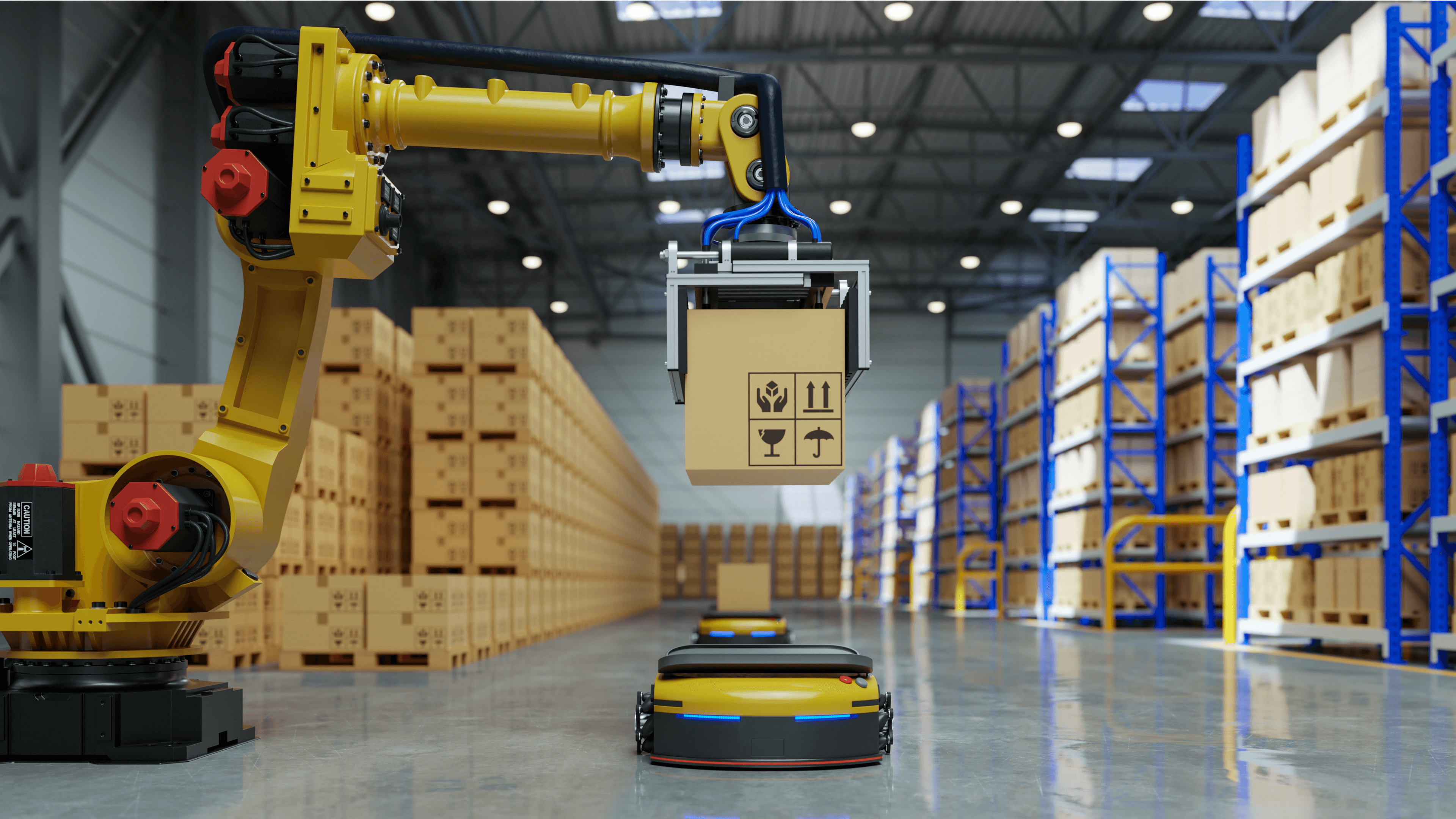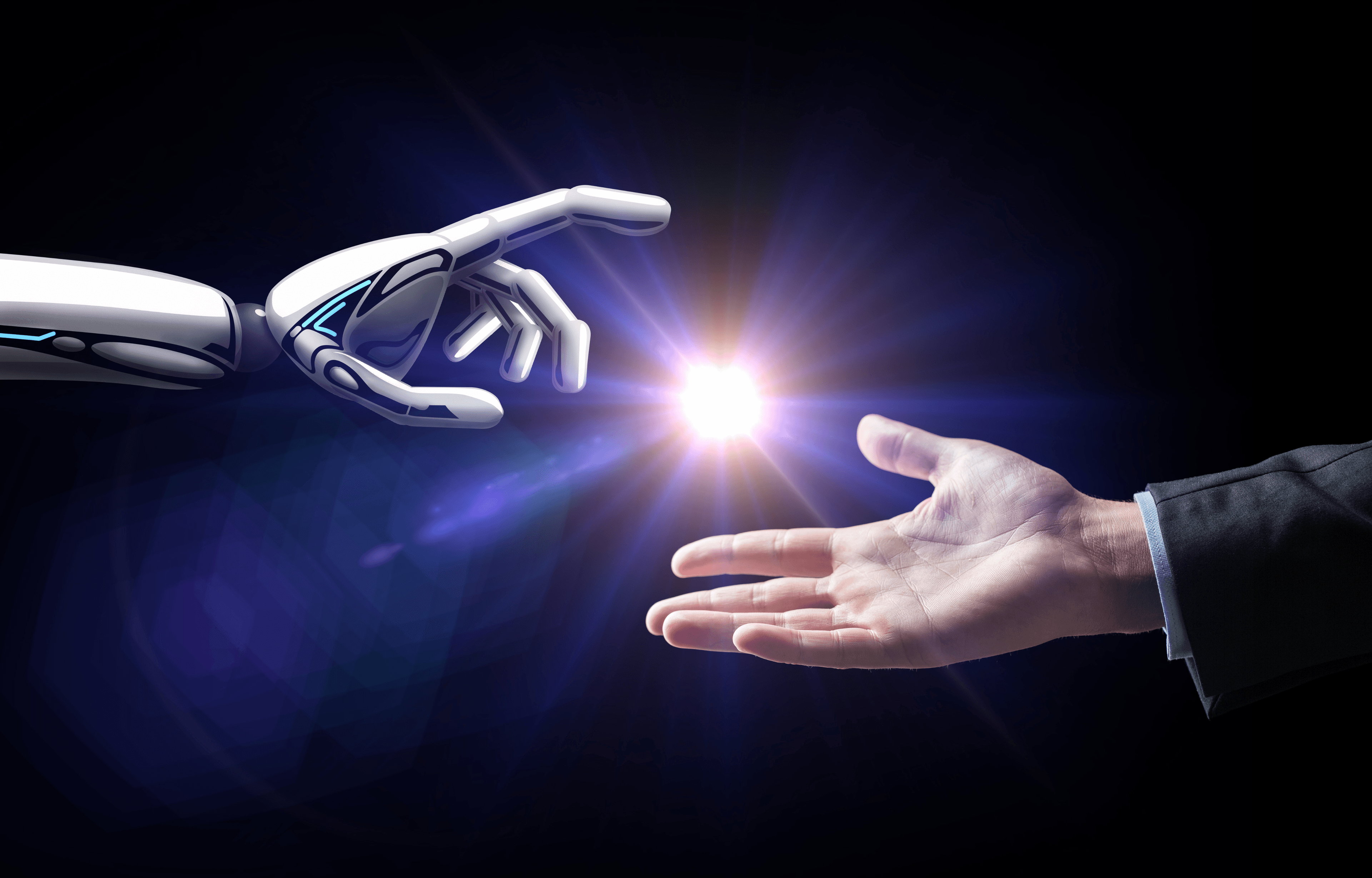Web3 Education
Artificial intelligence in logistics: from myths to reality
03/04/2024 · 4-minutes read
Amal Tleuliyeva
How is artificial intelligence dispelling misconceptions and transforming the logistics industry? What is the value of real-time data in rethinking traditional logistics approaches? And how is the application of adaptive technologies driving efficiency and flexibility in supply chain management? In this article, we'll reveal how artificial intelligence is overcoming old assumptions and revolutionizing logistics, providing answers to these questions and many more. Join us to learn about real-world examples and the opportunities AI is opening up for modern logistics.

Photo by Lerbank-bbk22 on Canva
In recent years, artificial intelligence (AI) has become one of the most discussed technological trends in the world. Its potential is being explored particularly actively in logistics, where AI promises to revolutionize traditional approaches to supply chain management, delivery and data processing. However, there are many myths and misconceptions surrounding this topic, which can be confusing for logistics professionals and the general public alike. In this article, we will dispel some of these myths and present real-life examples of successful applications of AI in logistics.
Breaking down the myths
Myth 1: AI will completely replace human labor in logistics. In reality, AI acts as an assistant, automating routine and repetitive tasks, allowing employees to focus on the more complex and creative aspects of the job. Examples include automating data entry and inventory management.
Myth 2: AI is too complex and expensive to implement in logistics. As technology advances, the cost and complexity of implementing AI is decreasing. Many AI-based solutions such as Ikarus Smart Chain are now available, making them affordable even for SMBs.
Myth 3: AI can lead to errors in logistics operations due to the "unpredictability" of the algorithms. In fact, modern AI systems are able to learn from data and only become more accurate over time. Errors can happen, but they are most often due to poor quality data, not flaws in the AI itself.
Myth 4: AI cannot adapt to changes in logistics processes. Many people believe that AI systems are rigidly programmed to perform specific tasks and are unable to adapt to new conditions or changes in business processes. However, in reality, the machine learning and deep learning algorithms that underpin AI are capable of learning from new data and changing their algorithms in response to changes in the environment. This means that AI can adapt and optimize logistics processes in real time, improving its efficiency as new information becomes available.
Myth 5: AI in logistics is limited to automation and route optimization. While route optimization and automation are important aspects of applying AI in logistics, its capabilities are actually much broader. AI can be applied to improve decision-making at all levels of the supply chain, including demand forecasting, customer relationship management (CRM), natural language processing to automate customer service, and safety and compliance. AI is also playing a key role in developing sustainable logistics strategies, helping companies reduce their carbon footprint and optimize resource utilization.

Photo by vanitjanthraphotos on Canva
The reality of applying AI in logistics
Now let's move from myths to reality and look at exactly how AI is already helping to solve problems in logistics.

Photo by Syda Productions on Canva
Conclusion
Artificial intelligence in logistics is not a myth or a distant future, but a reality that is already helping companies become more efficient, reduce costs and increase customer satisfaction. Implementing AI in logistics processes opens up new opportunities for optimization and innovation, making companies more competitive in a rapidly changing world.
Thank you for reading and stay tuned for more exciting developments by subscribing to our blog!
ArtificialIntelligence #Logistics #LogisticsInnovation #LogisticsOptimization #LogisticsTechnology #LogisticsRevolution#FutureOfLogistics #AIinLogistics #SupplyChainManagement #LogisticsTransformation